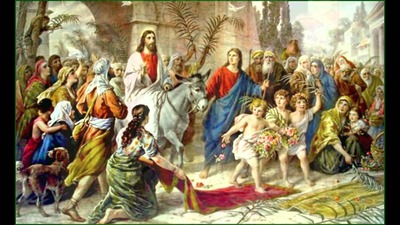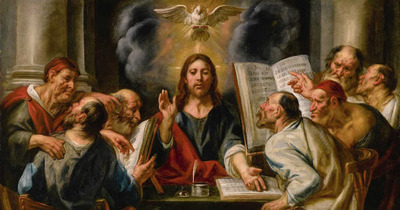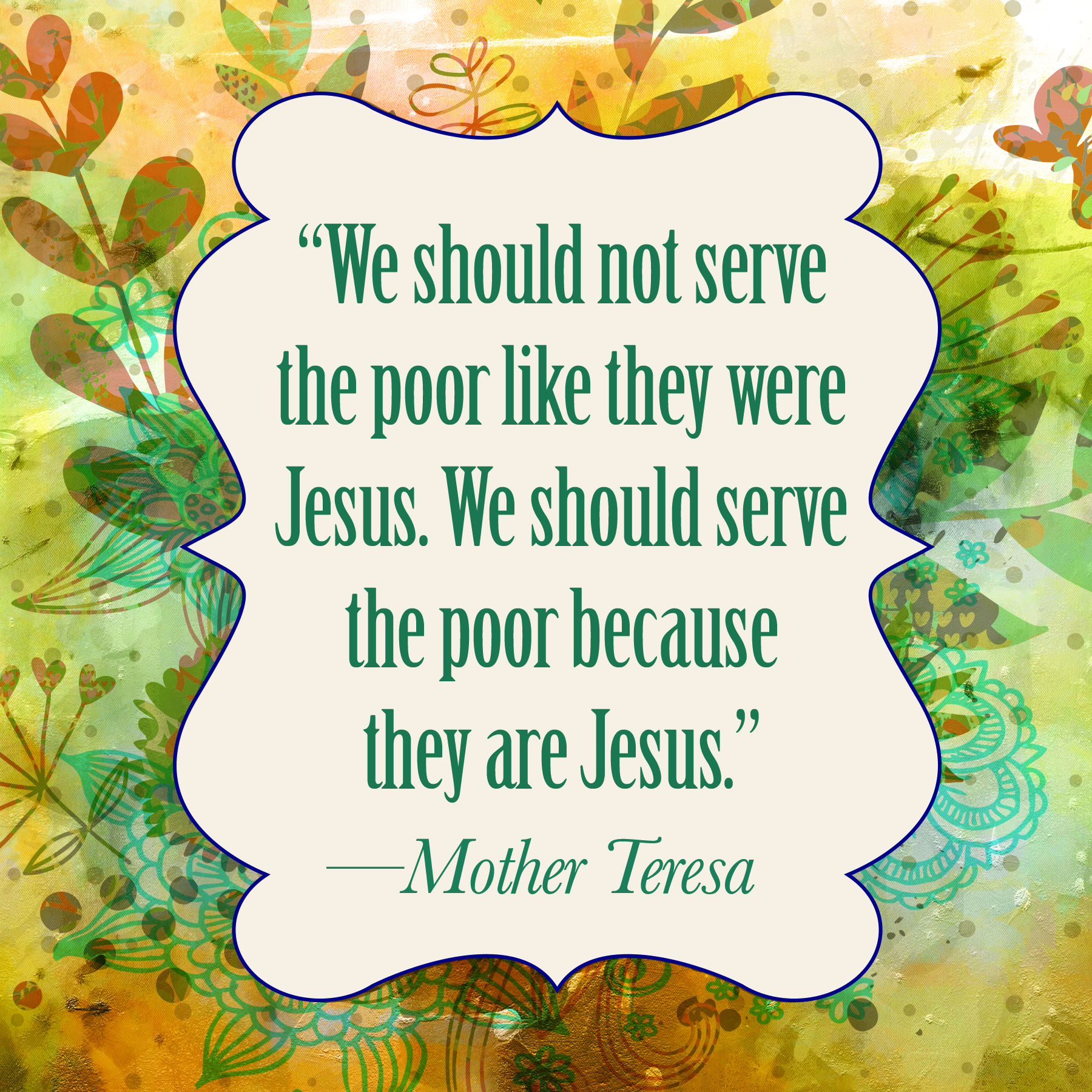October 6, 2024
|by N W
|
0 Comments
|
Family, Father Nixon, Love, Sacraments, Uncategorized, Wedding
Twenty-seventh Sunday in Ordinary Time
October 6, 2024 — Year B
Readings: Gn 2:18-24 / Ps 128 / Heb 2:9-11 / Mk 10:2-16
by Rev. Nixon Negparanon, Pastor
Today’s readings show us a common theme, which is the sanctity and unity of marriage rooted in God’s divine plan for humanity. They also highlight the importance of relationships, God’s original plan for marriage, particularly the covenant of marriage, and how God is central to forming and sustaining those bonds.
The first reading, from the book of Genesis, helps to recall the main idea that marriage is the creation of God. When God was forming man, He said, “It is not good for man to be alone.” So, He made a woman to be with him and join him. This is not an affiliation or mutual understanding between individuals. It is a sacred covenant, established by God Himself. Marital affection is supposed to resemble the love of God toward humanity: loyal, productive, and eternal.
Today we have a culture that does not sanctify marriage and often questions its indissolubility. The divorce rates are high, and the culture is learning to shift towards the thought of marriage as something that can be undone if it becomes uncomfortable. This is far from what Jesus expects from all of us. Jesus calls us to a higher standard. He reminds us that marriage is a reflection of God’s covenant, which is unbreakable.
Venerable Fulton Sheen, in his wisdom once said, “It takes three to make love, not two: you, your spouse, and God. Without God, people only succeed in bringing out the worst in one another. Lovers with nothing else to do but love each other soon find there is nothing else. Without a central loyalty, life is unfinished.”
Sheen’s statement is a powerful reminder that true love is not just a bond between two people, but a bond that includes God. When we place God in the center of our lives and in the center of our marriage, He sustains it, nurtures it, and strengthens it. If God is absent, however, marriage becomes fragile and can easily fracture under the pressures of life. As Sheen points out, without God the relationship becomes empty, and people begin to bring out the worst in each other rather than the best.
This is why it is so essential for couples to keep God at the center of their lives, not just at the wedding ceremony, but throughout their marriage. Praying together, seeking God’s guidance, and entrusting the relationship to His care, make all the difference. The sacrament of marriage is not just about romantic love, but about a shared mission to reflect God’s love to each other and to the world.
In the second reading, we hear that Jesus was made a little lower than the angels and became like us in all things, suffered with us and triumphed over death to bring us salvation. The best form of love is when one is willing to give himself over to protecting, providing, and caring for another person. That is Jesus’ act of self-giving on behalf of humanity. Marriage, also, requires such a love: the love that is self-giving, the love which seeks the good of the other. This is the love required from us in regard to our marriages, families, and friendships. It is a love that follows the example of Christ, the greatest love that was ever demonstrated.
In order to understand the relationship between marriage and divorce, Jesus talks about it in today’s gospel. Pharisees approach Jesus to test Him, by asking what He says about the matter of divorce between a man and his wife. Jesus, however, does not just answer the question on the surface. Instead, He drills down to the fundamentals, to the basic plan of creation, to the institution of marriage.
He says, “From the beginning of creation, God made them male and female. The two shall become one flesh. Hence, they are no more two, but one and the same. What therefore God has joined together, let no man separate” (Mk 10:6-9). This teaching may not be easy to comprehend in the world we live in now that presents relationships based on conditions that are temporary. Still, Jesus invites us to look at marriage with faith, as a joining in God’s creative act. In marriage, two people merge into one, and therefore reflect unity, vowed commitment, and reciprocal self-giving.
Just as God loved us first with an unconditional, full, and lifelong love, so too is marriage intended to be an unswerving love. But Jesus doesn’t stop with the ideal. He acknowledges human weakness and the brokenness that can enter into relationships. The law of Moses allowed for divorce because of the hardness of hearts, but Jesus invites us to a higher calling, one rooted in forgiveness, patience, and the healing grace of God.
We are reminded that, while God’s design for marriage is beautiful, living it requires grace. It is not easy, but with God’s help, married couples can live their vocation with joy and fidelity, even in the face of difficulties.
After this challenging discourse, the gospel takes on a new subject, which is children. Jesus says, “Let the little children come to Me. Do not stop them, for it is to such as these that the kingdom of God belongs” (Mark 10:14). This passage is a word of comfort to those who have childlike faith, faith being that which is simple and innocent, without doubt. The combination of marriage and children in this gospel is not accidental. It serves as a reminder that the values of humility, trust, and innocence are essential in all relationships. Like the child who needs the parents, we too, are called to go to God to offer our struggles, our brokenness, and our hopes.
Let us remember, whether we are married or not, that we are called to live out the same principles of love and self-sacrifice in our relationships. We must continually invite God into our relationships. Take time to pray together as a couple or as a family, asking for His grace and guidance.
For those who are married, today’s gospel is a call to reflect on the gift of your marriage. Are you nurturing the love and unity between you and your spouse? How can you invite Christ into the heart of your relationship to strengthen and sustain it?
For those who are not married, this is an opportunity to consider how you are living out your relationships with your family, friends, and community. Do you approach them with the faithfulness and love that Jesus calls us to?
Finally, the image of a child is a reminder to all of us to approach God with humility and trust, recognizing that in Him we can find the strength to live out the radical call to love in both marriage and all other aspects of life. Let us pray for the grace to model our lives on Christ’s example of love, faithfulness, and mercy, in marriage and every other relationship we hold dear. May we always remain like children before God, open to His will and eager to receive His blessing.
KEEP READING
 540-586-8988
540-586-8988 










